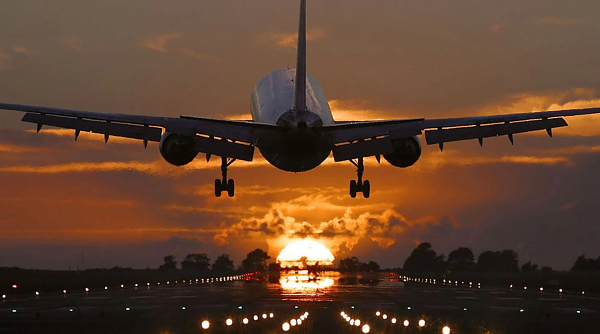Studies have shown that lack of sleep can decrease brain performance by 20 percent, so it’s crucial for anyone crossing time zones to rest as much as possible during the flight. Lack of sleep can also lead to a feeling of unwellness and that’s never a good way to start a vacation or business trip. So here are our Top 10 Tips for Rest and Sleep During a Flight.
1. Planning and Preparation
The best way to de-stress and rest is to plan ahead so you won’t be running in circles and fretting just before you leave on your trip. This will enable you to relax and get some sleep the night before you travel. Part of planning ahead can also include downloading the Jet Lag Travel App which can be found HERE. Also, consider other apps that can assist in making travel easier.
2. Take Something Familiar
Achieving sleep in a strange environment isn’t easy because… well, it’s a ‘strange’ environment. The easy fix is to combat that with something that is familiar and comfortable. If you have a favorite neck pillow or travel pillow you love, don’t forget to pack it. The familiarity will cue your brain to relax. The same effect can be achieved with a comfy hoodie or sweater.
3. Cover Your Eyes
Pack an eye mask to block out the light. The glaring sunshine from someone’s open window shade or even that little bit of light from a fellow passenger’s smartphone or iPad can ruin your ability to fall asleep. It can even cause headaches. Block it out and trick your body into believing it’s sleepy time.
4. Drink Water
Drink water prior to your flight so you don’t dehydrate. Hydration can also help to ward off headaches, hunger, and pesky leg cramps which can befall passengers due to the inability to stretch out properly. But be careful not to overdo your water intake or you run the risk of excessive trips to the bathroom. This can be problematic during take-off and landing, as well as during cart service when passengers are encouraged to remain in their seats. It can also be taxing for the person seated next to you who will be inconvenienced each time you have to get up. And, of course, it’s impossible to relax or sleep when your bladder is repeatedly prompting you to relieve yourself.
5. Avoid Caffeine and Alcohol
Travelers wishing to achieve sleep should avoid caffeine. Coffee, tea, and colas, as well as energy drinks, not only awaken your system, they also cause shakiness if overdone, and will contribute to frequent trips to the bathroom. See ‘Drink Water’ in the explanation above for reasons why this is problematic. Similarly, avoid alcohol which can have a negative effect on your body and its ability to relax.
6. Avoid In-flight Entertainment
It’s difficult for your body to think of rest, much less sleep if your brain is engaged and concentrating. So no matter how light and comedic the in-flight movie might be, it will still interfere with your mind’s ability to turn off. Not to mention that light coming from the screen will signal your brain that it’s daytime. So, skip the movies and TV, and sleep will be easier to achieve.
7. Minimize Noise
Make sure you pack earplugs in your carry-on. Try different brands and designs until you find the ones that feel good to you. But if earplugs feel foreign to you and you’re more likely to rest or fall asleep while listening to some soft and soothing music, then be sure that your phone or tablet is set to go with your favorite tunes and pair it with some good quality headphones to drown out outside noise.
8. Exercise
The relationship between exercise and sleep is an interesting one, with both intertwined and benefiting one another. If you get one, the other comes more easily. The reality is that 40 percent of us are sleep-deficient. If you work to add an extra hour of sleep at night, you’ll be much more apt to exercise. And when you do, especially before a flight, you will be able to doze off much more easily.
9. Bank Sleep
If in-flight snoozing is simply not an option, due to your inability to rest on a plane, a little bit of prep work can help you stave off jet lag. You actually can bank sleep. Prioritize your sleep before a flight, and spend a little extra time sleeping or napping in the week before you depart.
10. Seek Help
If you are hesitant or downright afraid to fly, sleep is usually the best way to block out the experience and get through a flight. Unfortunately, anxiousness and rest are polar opposites. Fear automatically counteracts rest and can cause so very much upheaval to a person’s system that sheer exhaustion and a feeling of unwellness will soon follow. So if you are one of those people, there’s no shame in seeking medical help before your flight since doctors can sometimes prescribe a very mild and safe sedative that will aid in relaxation and possibly even sleep during the flight. But be sure to run a trial with the sedative a few days BEFORE the flight so you will have an idea of what to expect and how you will respond, and make sure you don’t drive.


